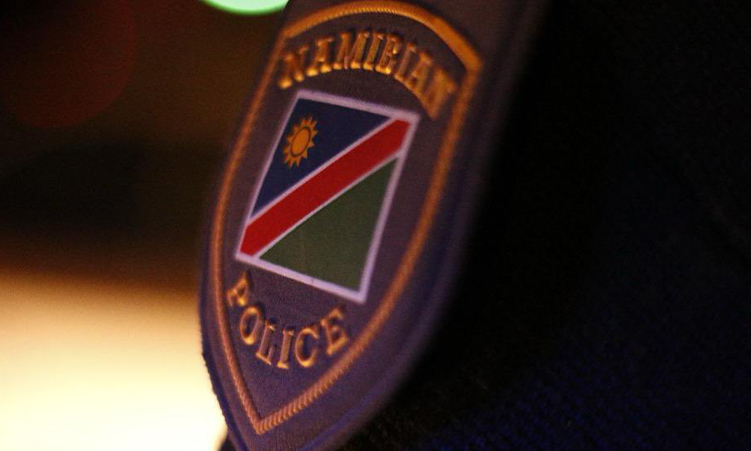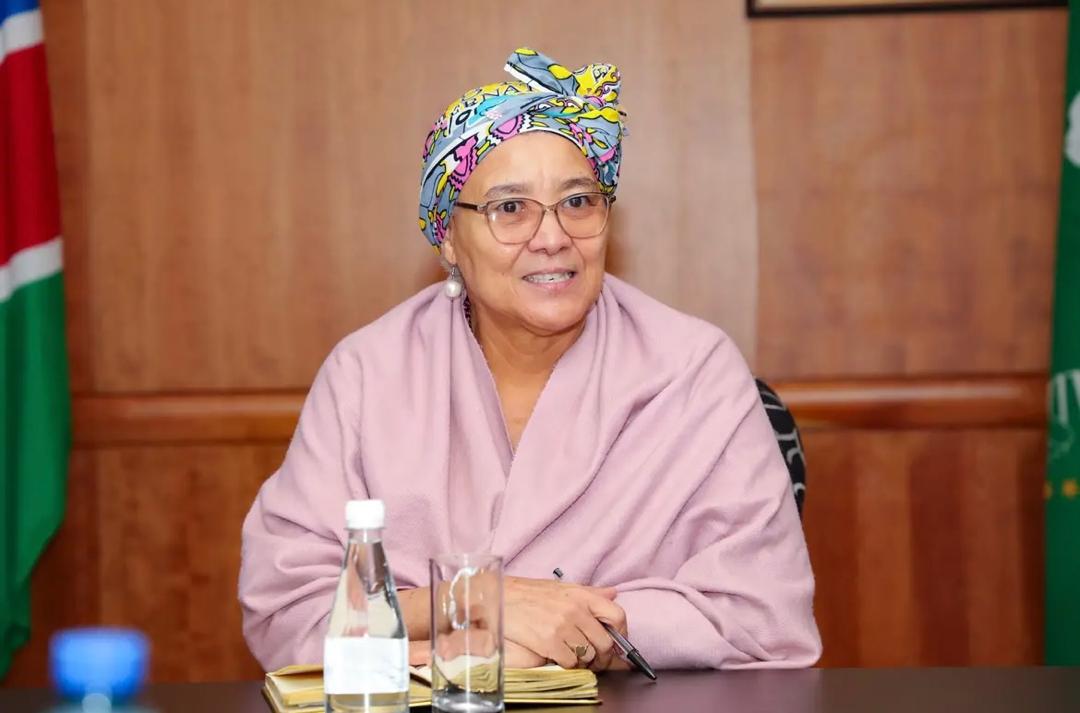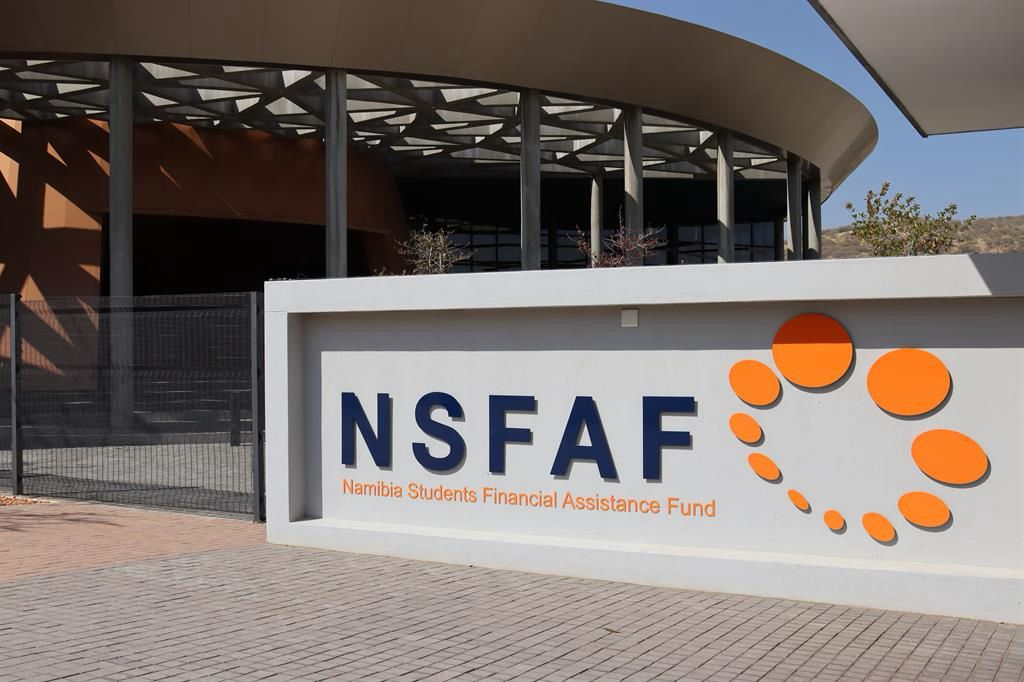The Ministry of International Relations and Cooperation says certifying foreign documents falls outside the police’s mandate.
In a letter dated 19 July 2024, international relations executive director Penda Naanda informed home affairs, immigration, safety and security executive director Etienne Maritz that the Namibian mission in Beijing, China, was concerned about the Namibian Police certifying foreign public documents.
“The mission has come across a number of Chinese public documents such as passports which have been certified by the Namibian Police,” Naanda noted.
He said the Namibian Police have no legal capacity to authenticate the originality of a foreign document.
“The same applies in China, as Namibian citizens who have attempted to get their Namibian public documents certified at Chinese police stations have been referred to the Namibian embassy, which is the correct procedure,” he said.
Should any foreign document be presented at any police station to be certified, the individual presenting the document should be referred to a notary or the relevant foreign embassy, Naanda added.
Police spokesperson deputy commissioner Kauna Shikwambi says an internal memo from Naanda has been sent to all police stations to ensure the information reaches all members of the Namibian Police.
Although she could not confirm if the directive is linked to any criminal activity inside or outside the country, Shikwambi says the directive is reasonable because police officers have no way of telling whether a foreign document is authentic or not.
“We have been implementing the directive since July, referring people to their respective embassies or consulates, but the biggest challenge is where to refer those foreigners whose countries are not officially represented in Namibia. They have to go to, say South Africa, if there are no representative offices here,” she says.
Some of the foreign nationals affected by this directive are Zimbabweans, who have expressed concern on social media about having to pay N$100 to have copies of their national documents certified at the Zimbabwean embassy in Windhoek, a service they previously accessed for free at police stations.
Stay informed with The Namibian – your source for credible journalism. Get in-depth reporting and opinions for
only N$85 a month. Invest in journalism, invest in democracy –
Subscribe Now!










